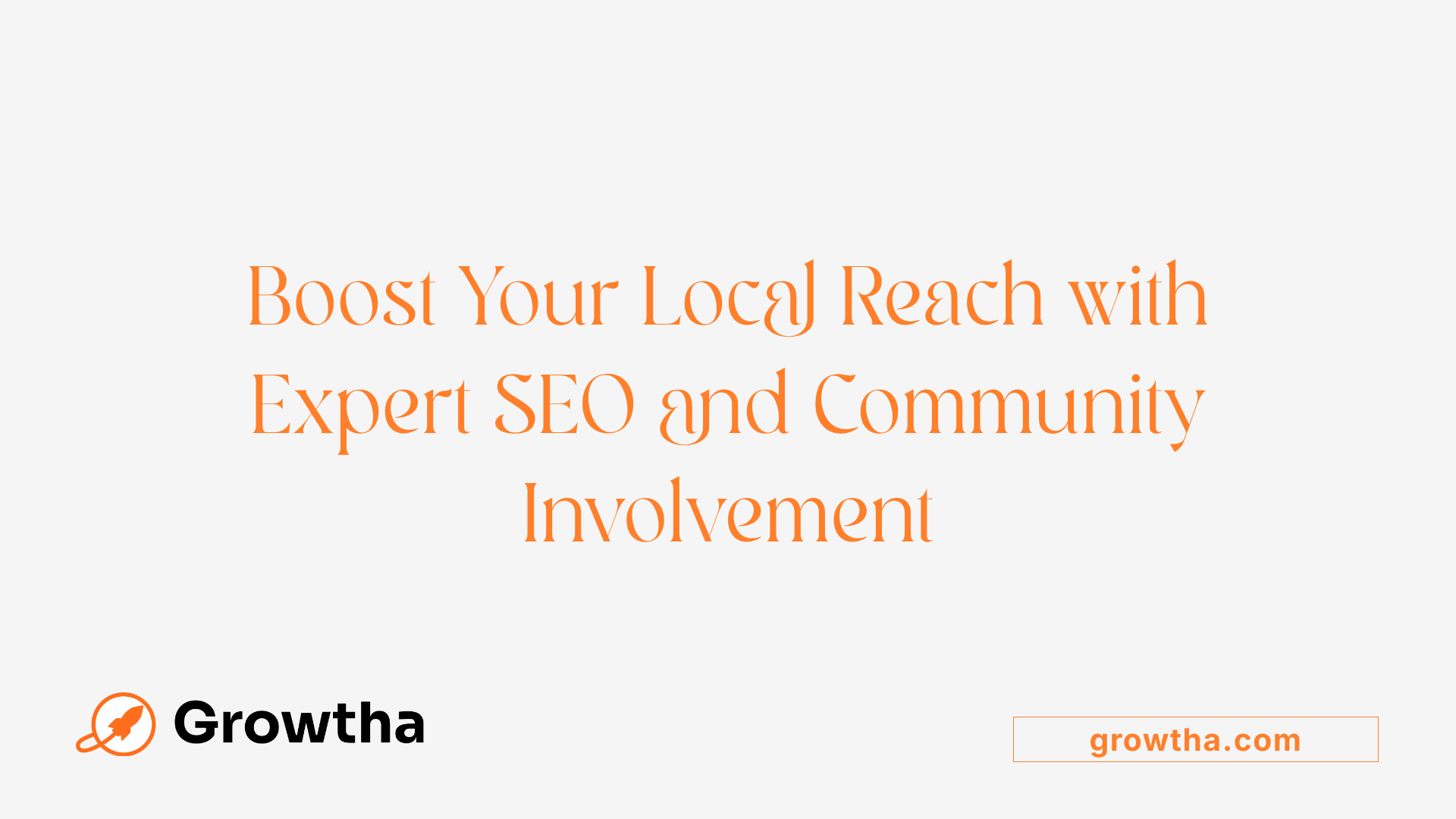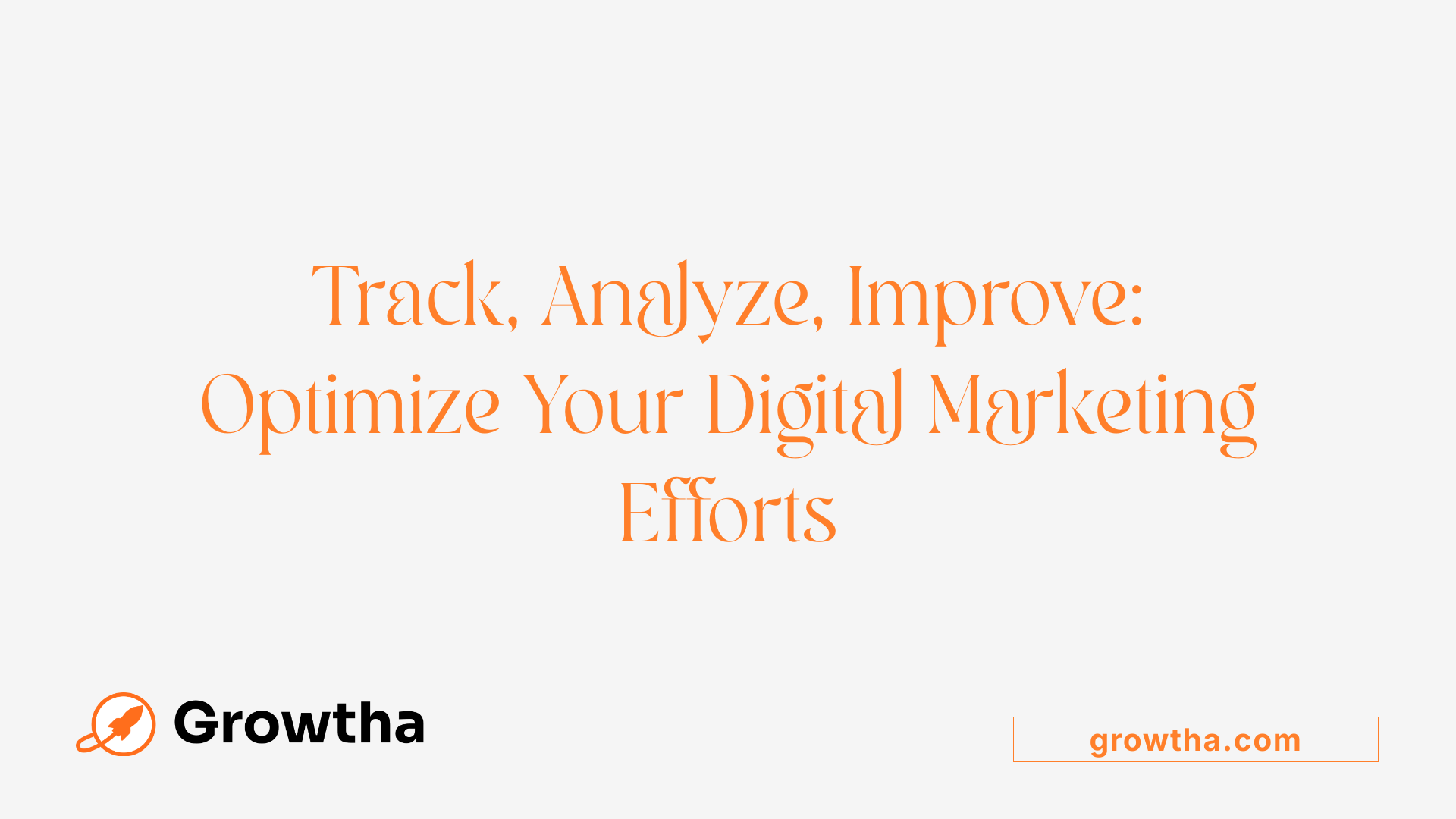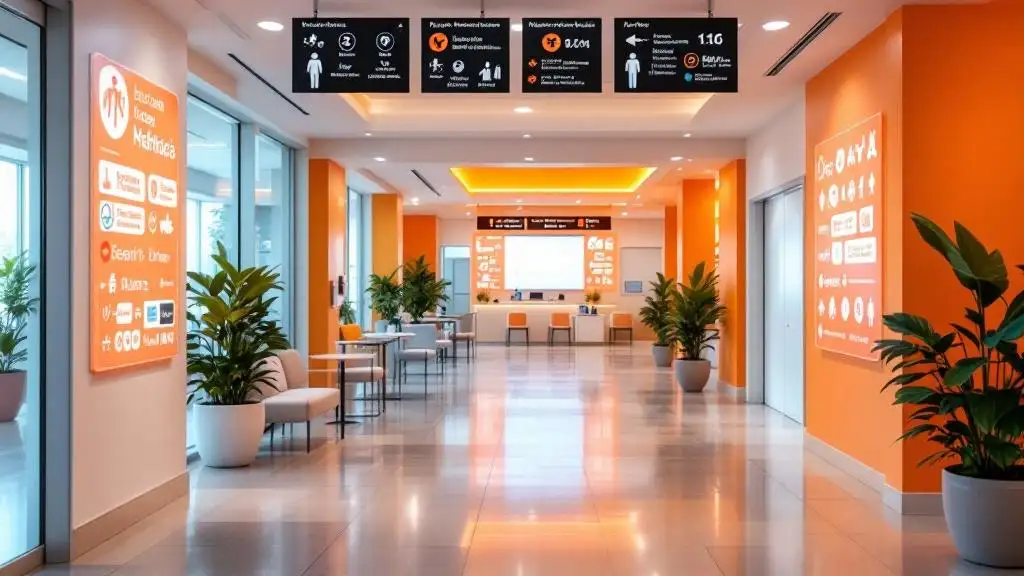Effective Online Marketing Funnels for Addiction Treatment Facilities
Mastering Digital Pathways to Recovery: Strategies for Addiction Treatment Centers


Effective Online Marketing Funnels for Addiction Treatment Facilities
Unlocking the Power of Effective Online Marketing Funnels
In today's digital age, addiction treatment facilities must leverage comprehensive online marketing funnels to attract, engage, and convert prospective clients. This article explores the essential components, channels, strategies, and measurement techniques that define successful marketing efforts tailored specifically for rehab centers, ensuring they build trust, credibility, and ultimately, a steady stream of clients seeking help.
Developing a Robust Digital Presence
What are effective digital marketing strategies for addiction treatment centers?
Creating a strong online presence is essential for addiction treatment facilities seeking to reach and serve more individuals in need. One of the foundational strategies involves developing a user-friendly, mobile-optimized website that clearly conveys services, provides useful information, and includes compelling calls-to-action. The website should incorporate technical SEO elements like optimized title tags, meta descriptions, and local landing pages to improve rankings in search engines.
Content marketing is a powerful tool to attract and educate prospects. Facilities can produce blogs, videos, guides, and success stories that demonstrate expertise and foster emotional connections. Sharing authentic testimonials builds trust, while transparent educational content helps reduce stigma and position the center as a credible authority.
Active management of online reputation is vital. Encouraging satisfied clients to leave positive reviews on Google, Yelp, and industry-specific directories like LegitScript boosts credibility. These reviews influence 97% of Americans' purchasing decisions, highlighting their importance.
Local SEO tactics, such as optimizing Google Business Profiles and leveraging location-specific keywords, enhance visibility within the community. Engaging in local marketing activities—community events, referral networking, and directory listings—further increase local credibility.
Paid advertising, including Google Ads and social media campaigns, provides immediate visibility when targeted correctly. Retargeting efforts help keep the facility top-of-mind for potential clients who have previously visited the website.
Monitoring campaign performance through analytics and attribution tools enables treatment centers to refine messaging, improve ad performance, and allocate resources more effectively. Combining these approaches within a full-funnel marketing strategy ensures that prospective clients are guided smoothly from awareness to enrollment.
Lastly, maintaining compliance with healthcare regulations such as HIPAA, FTC guidelines, and certification requirements like LegitScript is crucial to uphold legal standards and foster trust.
Implementing these strategies collectively enhances the facility’s digital footprint, making it easier for individuals seeking help to find and choose their services in a safe, reputable environment.
Local SEO and Community Engagement

What digital channels are most effective for addiction treatment marketing?
To maximize visibility and attract prospective clients, addiction treatment centers should leverage a mix of digital channels strategically. Search engine optimization (SEO) is essential, as it captures a significant portion of online traffic. When a treatment center’s website ranks on the first page of Google, it can access up to 92% of search traffic, making it a highly valuable channel.
Paid advertising, including Google Ads and PPC campaigns, provides immediate exposure by targeting specific keywords and demographics. These campaigns allow for precise audience targeting, ensuring that the center's message reaches individuals most in need.
Social media platforms like Facebook, Instagram, LinkedIn, TikTok, and YouTube are crucial for engaging diverse audiences. They help build brand awareness and trust through content sharing, including videos, success stories, and educational posts. Paid social media ads further enhance outreach by tailoring messages to specific demographics.
Email marketing remains a high-return channel, allowing centers to nurture relationships with prospects, alumni, and community members through personalized campaigns. Regular communication reinforces trust and encourages referrals.
Content marketing—such as blogs, videos, guides, and testimonials—helps establish authority, connect emotionally with audiences, and boost SEO rankings. User reviews and client success stories are powerful tools for building credibility.
Combining these channels within a comprehensive digital marketing strategy results in a robust online presence that effectively attracts, engages, and converts potential clients.
How important is local SEO and community involvement?
Local SEO is vital for addiction treatment centers aiming to target nearby prospects. Optimizing Google My Business pages with accurate information, photos, and reviews enhances visibility in local searches, especially for 'near me' queries.
Community involvement activities, including participating in local events, health fairs, and partnerships with community organizations, build trust and credibility. These activities create opportunities for networking with referral sources, alumni, and prospective clients.
Referral and partnership development with healthcare providers, community organizations, and employers can significantly expand outreach. Building a network ensures a steady flow of qualified leads and positions the treatment center as an integral part of local healthcare.
| Channel | Description | Additional Details |
|---|---|---|
| Google My Business | Local listing optimization for visibility in search results | Regular updates, review management, and accurate NAP (Name, Address, Phone) info |
| Community Activities | Engagement through events, sponsorships, and collaborations | Enhances reputation and directly connects with local prospects |
| Referral Networks | Building relationships with healthcare providers and organizations | Generates qualified leads and fosters trust |
Focusing on these elements boosts both online presence and community rapport, leading to sustained growth in patient intake.
Content Marketing and Emotional Connection
Creating educational blogs and videos
Developing high-quality content such as blogs, videos, and guides helps rehab centers demonstrate expertise and build trust with prospective clients. These materials should address common questions about addiction and recovery, offering valuable insights that resonate on an emotional level. Engaging storytelling through success stories and testimonials can inspire hope and motivate individuals to seek help.
Sharing client testimonials and success stories
Sharing genuine testimonials and client success stories, with permission, enhances credibility and fosters trust among potential clients. These stories serve as proof of effective treatment and can motivate others to take the first step toward recovery. Incorporating diverse experiences allows centers to connect with people from different backgrounds and concerns.
Addressing stigma and emotional barriers
Understanding the emotional hurdles and stigma surrounding addiction is crucial. Marketing efforts should emphasize support, understanding, and confidentiality, helping reduce fears and misconceptions. Tailored messaging that highlights compassion and personalized care can address concerns related to trust, privacy, and shame.
What key components should be included in a digital marketing funnel for rehab centers?
A comprehensive digital marketing funnel for rehab centers should encompass key stages such as awareness, interest, decision, and action, supported by components like high-quality educational content, client testimonials, and clear call-to-actions. To enhance visibility and credibility, it should include strong online presence strategies like search engine optimization (SEO), local SEO, and Google Business Profiles, along with directory listings and meta descriptions that attract clicks. Social media platforms like Instagram, Facebook, Twitter, and YouTube should be utilized for engagement and community building, with attention to privacy considerations. Conversion optimization involves designing user-friendly websites, easy contact options, and compelling landing pages to facilitate client inquiries and appointments. Additionally, partnering with specialized agencies and obtaining certifications like LegitScript can improve trustworthiness, compliance, and advertising opportunities in this sensitive niche.
Optimizing the Customer Journey and Engagement
How can addiction treatment facilities improve their online marketing funnels?
Enhancing the effectiveness of online marketing funnels is crucial for rehab centers aiming to attract and convert prospects into clients. A well-structured funnel guides potential patients through awareness, consideration, and decision stages seamlessly.
First, developing a user-friendly and mobile-optimized website is essential. Clear navigation, prominent calls-to-action (CTAs), and easily accessible contact information encourage visitors to take the next step. Including valuable content such as blogs, success stories, and informative videos builds trust and positions the center as an authority.
Implementing local SEO strategies helps attract nearby prospects. Incorporating geo-specific keywords and creating local landing pages increase visibility in local search results. Managing online reviews on platforms like Google My Business further boosts credibility and attractiveness.
Paid advertising, including Google Ads and targeted social media campaigns, can drive immediate traffic. Remarketing tactics re-engage visitors who showed interest but didn't convert, increasing the chance of converting prospects into patients.
Tracking campaign performance through analytics tools allows centers to identify what works best. Call tracking and attribution models provide insights into which channels generate the most leads and inquiries. These data points enable ongoing optimization of marketing efforts.
Creating high-quality, emotionally resonant content such as testimonials, educational blog posts, and videos fosters deeper connections with potential clients. Collaborations with industry professionals and sharing real success stories enhance reputation and trust.
In summary, a comprehensive strategy combining website optimization, local SEO, targeted paid advertising, reputation management, and detailed analytics can significantly improve online marketing funnels for addiction treatment centers, leading to higher lead quality and better patient outcomes.
Measuring Success and Continuous Optimization
 Rehab facilities can effectively evaluate their online marketing efforts through various metrics and tools. Tracking the number of visits to their website, the source of those visits, and the conversion rates from prospect to client provides a clear picture of campaign performance. Using analytics platforms like Google Analytics helps gather automated data on user behavior, while attribution models connect specific marketing channels to lead conversions.
Rehab facilities can effectively evaluate their online marketing efforts through various metrics and tools. Tracking the number of visits to their website, the source of those visits, and the conversion rates from prospect to client provides a clear picture of campaign performance. Using analytics platforms like Google Analytics helps gather automated data on user behavior, while attribution models connect specific marketing channels to lead conversions.
Implementing conversion tracking across different campaigns—such as paid ads, social media outreach, or content marketing—enables facilities to See which efforts yield the best results. Regularly analyzing this data allows for informed decisions about where to allocate resources for maximum impact.
A/B testing different ad copy, landing pages, or messaging strategies helps refine marketing approaches and improve outcomes. This ongoing process of testing and adjusting ensures campaigns stay relevant and effective.
Besides quantitative measures, monitoring online reviews and engagement on social media offers qualitative insights into reputation and community trust.
Email marketing responses and content interactions reveal prospects’ levels of interest and engagement.
By combining these data sources into comprehensive reports, facilities can identify strengths and gaps in their marketing plan. This continuous cycle of measurement and refinement supports sustained growth and better ROI.
Ultimately, a mix of KPIs, advanced analytics, and responsive adjustments creates a robust framework for assessing and enhancing addiction treatment marketing success.
Legal and Ethical Considerations in Digital Marketing
What are the key legal constraints and ethical considerations in addiction treatment marketing?
Marketing for addiction treatment centers must navigate strict legal and ethical boundaries to protect both clients and providers. A fundamental requirement is HIPAA compliance, which safeguards patient confidentiality and ensures that any patient information shared in marketing materials or online is secure and secure from unauthorized access. This involves using secure communication channels and obtaining necessary permissions before sharing success stories or testimonials.
In addition, marketers must adhere to FTC regulations to prevent deceptive or misleading advertising. All claims about the effectiveness of treatments or success rates should be truthful, substantiated, and presented clearly to avoid accusations of false advertising. Transparency and honesty are critical to building trust and maintaining credibility.
Another important aspect is obtaining LegitScript certification. This accreditation verifies that a treatment provider meets industry standards for legitimacy and ethical practices, which is especially important for enabling paid advertising on platforms like Google. Certified providers often enjoy better visibility and higher trust among prospective clients.
Ethical marketing also involves respecting the sensitive nature of addiction recovery, avoiding stigmatization, and not exploiting individuals’ struggles for commercial gain. The messaging should emphasize compassion, support, and a commitment to client well-being.
In summary, a responsible addiction treatment marketing strategy balances regulatory compliance with empathetic communication, fostering trust and ensuring adherence to established standards of practice.
Harnessing Testimonials and Reviews for Trust Building

How can addiction treatment facilities use online reviews and testimonials effectively?
Addiction treatment centers can greatly enhance their credibility and attract new clients by collecting and showcasing authentic testimonials from satisfied patients. These stories serve as powerful social proof, demonstrating real recovery journeys and fostering trust among prospective clients.
To leverage reviews effectively, facilities should actively gather feedback from individuals who have experienced successful treatment outcomes. With their permission, these testimonials can be displayed on the facility’s website, social media channels, and in marketing materials. Highlighting stories that focus on compassion, professionalism, and tangible results resonating emotionally can make a significant impression.
Engagement is also crucial; responding to reviews—whether positive or negative—shows that the facility values feedback and is committed to continuous improvement. Encouraging satisfied clients to share their stories can be facilitated through follow-up emails, aftercare programs, or during alumni events.
Legal considerations are essential when using testimonials. Treatment centers must obtain clear permissions from clients before publishing their stories, ensuring they do not disclose protected health information (PHI) without explicit consent. It’s equally important to avoid exaggerated claims or misleading statements that could violate advertising regulations.
When curated thoughtfully, testimonials and reviews serve as compelling endorsements, helping diminish stigma and motivating others to seek help. They build community trust, enhance reputation, and ultimately increase the effectiveness of marketing efforts in reaching and encouraging those battling addiction to take the first step towards recovery.
Integrating Technology Tools and Automation

What technological solutions can enhance online marketing efforts?
To effectively promote addiction treatment centers online, incorporating advanced technology tools is essential. One fundamental solution is call tracking, which involves assigning unique phone numbers to different marketing campaigns. This allows clinics to accurately measure which efforts generate the most calls or inquiries, helping refine strategies.
Conversation intelligence tools, such as those offered by CallRail, analyze phone conversations to gain insights into customer questions, sentiment, and concerns. These AI-powered analyses identify common themes and areas for improvement, enabling better training and messaging.
AI-driven analytics further personalize marketing by analyzing user behaviors, preferences, and engagement patterns. This data helps craft targeted content and tailored messaging that resonates with prospects at different stages of their decision-making journey.
Automation plays a crucial role through systems like automated follow-ups and nurturing campaigns. Email marketing sequences, chatbots, and reminder systems engage potential clients, answer initial questions, and guide them toward treatment options efficiently.
Employing these technological tools streamlines marketing efforts, delivers personalized user experiences, and provides valuable insights. Together, they help addiction treatment centers increase visibility, improve conversion rates, and build trust with prospective patients.
Summary and Final Recommendations
What are the essential digital marketing strategies that rehab centers should prioritize?
Rehab centers aiming for maximum impact should focus on creating a comprehensive online presence. This begins with developing a website that is both user-friendly and optimized for search engines, ensuring visitors can navigate effortlessly and find vital information easily. Local SEO strategies, including Google My Business optimization and local landing pages, help increase visibility within the community and target location-specific searches.
Building a strong social media presence on platforms like Facebook, Instagram, TikTok, and YouTube enables engagement with prospective clients and the broader community. Regularly sharing engaging content, such as success stories, educational videos, and testimonials, helps establish authority and trust.
Creating high-quality, emotionally resonant content like blogs, videos, guides, and testimonials connects with prospects on a personal level. This content not only demonstrates expertise but also improves search engine rankings.
In addition, targeted online advertising such as Google Ads, social media ads, and retargeting campaigns can rapidly boost visibility to highly specific audiences. Continuous analysis of campaign performance through analytics tools allows centers to refine their strategies—allocating resources efficiently and maximizing ROI.
Incorporating reviews and testimonials enhances credibility. Ethical marketing practices that respect patient confidentiality and adhere to legal regulations like HIPAA are fundamental.
By integrating these strategies—website optimization, content marketing, local SEO, social media engagement, targeted advertising, and ongoing monitoring—rehab centers can improve their outreach, attract more prospects, and foster trust within their communities.
Best practices for implementation
Start with a professional website that clearly communicates your services and offers easy navigation. Implement local SEO techniques, including local landing pages and optimized Google Business Profiles, to improve nearby visibility. Engage actively on social media, tailoring content to each platform's audience. Use video testimonials and educational content to increase engagement.
Leverage paid advertising campaigns carefully targeted by demographics and keywords relevant to your services. Use call tracking and analytics tools such as CallRail to measure the effectiveness of marketing channels and optimize accordingly.
Incorporate client reviews, with proper permissions, into your marketing channels to build trust. Maintain an ethical approach by avoiding exploitation and ensuring transparency.
Why is continuous monitoring and adaptation crucial?
Marketing is an ongoing process. Monitoring key performance indicators like lead quality, conversion rates, and campaign ROI allows centers to identify what works best. Regularly testing different ad creatives, content formats, and messaging strategies helps refine approaches and improve results. Adjusting tactics based on data insights ensures efficient use of resources and sustained growth. Staying informed of industry changes, legal regulations, and emerging digital tools will help maintain a competitive edge and better serve prospective clients through ethical, effective marketing.
Strategic Growth Through Digital Excellence
Effectively utilizing online marketing funnels offers addiction treatment facilities a powerful advantage in reaching and helping those in need. By constructing a comprehensive strategy encompassing SEO, compelling content, reputation management, and data-driven optimization, rehab centers can significantly increase their visibility, credibility, and client conversion rates. Adhering to legal and ethical standards ensures sustained trust and compliance within this sensitive industry. Regular evaluation of campaigns, embracing technological advancements, and staying responsive to market changes create a dynamic, resilient marketing approach poised for ongoing success in the digital landscape.
References
- Addiction Treatment Marketing: How to Market a Rehab Center
- Addiction Treatment Marketing: Effective Ways to Promote Your ...
- 10 Effective Strategies for Drug Rehab Marketing in 2024
- SEO For Addiction Treatment - Sagapixel SEO
- How To Effectively Market Addiction Treatment Centers Online
- 3 steps to transform your addiction treatment center marketing
- Drug Rehab Marketing: The Ultimate Guide | Sunwave Health
- The Ultimate Guide to Addiction Treatment Marketing
- Marketing Guide & Strategies for Addiction Treatment Centers







